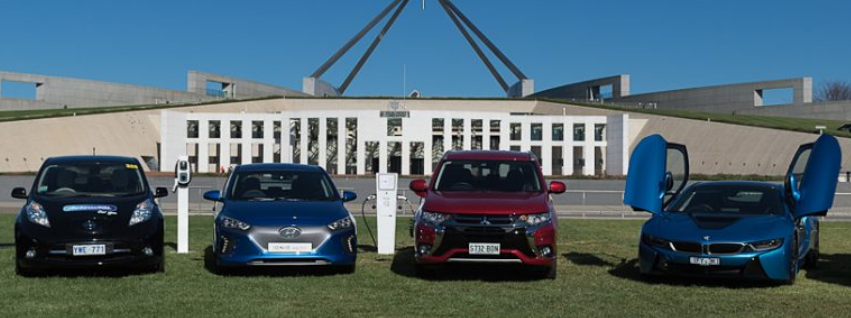A new report from Infrastructure Partnerships Australia that suggests an additional road user charge on electric vehicles should be introduced is economically illiterate and should be rejected out of hand, according to the Electric Vehicle Council (EVC).
The CEO of EVC, Behyad Jafari, says the vast potential of EVs to improve the nation’s air quality, energy security, and carbon output meant it was time to stop recycling the foolish idea of an additional tax.
“Imposing an additional tax on EVs would be a disincentive, especially for the emerging mid-tier market,” Mr Jafari said.
“Although this economically illiterate report somehow managed to claim otherwise, sticking a tax on things discourages purchase.
“This report also completely ignores the hazardous effect of our dependence on foreign oil, both to our national security and balance of trade. While the rest of the world has introduced fuel efficiency standards and incentives for EVs, Australia has none.
“Under these proposed changes we would go a step further and actively encourage the purchase of polluting cars that cost the health system billions of dollars each year. Air pollution from combustion engine vehicles kills many more people than the annual road toll,’’ he said.

“These recommendations would make Australia conspicuous as the only nation to tax EV use rather than incentivise it. Australians want to drive cleaner and greener vehicles, but our current policy settings push against that. A road users tax at this point would be an additional step backwards and a global embarrassment.
“In the long term there may be a need for government to collect additional revenue to replace fuel excise intake. But the idea that the logical way to make up this shortfall is to reduce the incentive to embrace the take-up of zero-emission vehicles with a new tax at this early stage is truly muddleheaded.
“The recommendations of this report would be disastrous to government efforts to reduce emissions and combat the effects of climate change. Transport is one of Australia’s highest sources of emissions, rising each year and our transport energy efficiency is rated among the lowest in the developed world,” Mr Jafari said.
Note: Australia is one of the few countries in the world not to have a fuel efficiency standard. The USA introduced its policy in the 1970s and countries including China, India, Japan, Canada and the UK have all embraced the model.
